The best candidate might not win
— Olusegun Obsanjo, 1979
The year was 1979.
The electoral umpire then, FEDECO, had just approved the formation of 5 parties to contest the 1979 elections. The parties were the National Party of Nigeria (NPN), which was believed to have the ‘support of the Military Government,’ The ‘Opposition’ Unity Party of Nigeria (UPN), the Nigerian People’s Party (NPP), and the socialist-based People Redemption Party (PRP). The Great Nigeria People’s Party (GNPP) was the least known among the 5.
UPN’s Awolowo appeared the oldest (Zik is older) and the one who had planned for that moment the most. His greatest strengths were his ability to mentor and groom other disciples. Being from the West, he had the full backing of the region, where he was expected to win with a landslide. Support elsewhere? Not so much. During his campaign, he couldn’t even visit the North and had to resort to throwing pamphlets from a helicopter. His choice of a non-northern running of the same faith as him was even more controversial.
NPN’s Shagari was perhaps the most experienced. He had held important government positions, including serving as the Finance minister (where he succeeded Awolowo), the most important position after the then Prime Minister. His strongest selling point was his status and that of his party as ‘unifiers’ (his party’s slogan was “One Nation, One Destiny.) His simplicity and brutal honesty, unaccustomed to a politician, were his greatest undoing. Being from northern Nigeria, he was expected to win the majority of votes in the region. His choice of an Igbo architect was a master stroke.
Zik as the NPP candidate is the only Igbo in the race and the underdog. Many thought he probably wouldn’t win but could affect the polls significantly enough to cause a rerun. After all, he only decided to contest after his tribe’s exclusion in the Presidential race. His oratory skills and his exposure were his biggest strengths. His failure to secure an alliance proved costly. Notwithstanding, the choice of a former northern University Vice Chancellor from Kaduna and being sure of the votes in the east many presume will play out to his advantage.
For the PRP candidate, he was perceived as a local champion who would only win in his home state. Aminu Kano’s strengths lay in his ability to mobilize and communicate with the masses in their local dialect. He is an honest table shaker, a trailblazer, and a revolutionary. The red-cap-wearing gentleman used the utmost loyalty he extracted from his followers to his full advantage. He compensates for what he lacked in a formidable running mate in strong party machinery run by intellectuals like Chinua Achebe.
The best man ultimately won.
The year is 2022.
The electoral umpire, INEC, had trimmed the number of political parties from 92 to 18. The leading ones are the APC which had the backing of the ruling administration, the opposition PDP, the worker’s Labor party, and the hitherto unknown GNPP.
The APC’s candidate, Tinubu, appears to be the oldest (Atiku is older), yet the one who had planned for the moment the most. His greatest strengths are his ability to mentor and groom disciples, putting them in strategic positions in the government, and his mass mobilization skills. Being from the West, he is expected to have the full backing of the region, where he will most likely win with a landslide. Support elsewhere? Not that great. He couldn’t even visit the East during his Primaries campaign. His choice of a northern running of the same faith will probably return to haunt him.
The PDPs candidate is seemingly the most qualified. He’s held many important national positions, including the post of the most important person after the President. His strongest skills are his perceived credentials as a “unifier.” His simplicity and brutal honesty, unaccustomed for a politician, is perhaps his greatest undoing. Being from northern Nigeria, he will probably win the majority of votes in the region. His choice of an Igbo medical doctor is a genius masterstroke.
The Labour party’s candidate is the only leading Igbo candidate and also the underdog. He probably won’t win the elections but might significantly affect the polls enough to cause a rerun. He only contested after the alleged lopsidedness and bias in his former party. His oratory, exposure, and ability to mobilize the youth are his biggest strengths. His failure to secure an alliance with the West will probably prove costly. Notwithstanding, his choice of a former University Chancellor from Kaduna and being assured of the votes in the East will play out to his advantage.
The NNPP candidate is perceived by many as a local champion who will win only his home state of Kano. He is also considered a ‘trouble maker, and a ‘bulldozer.’ His greatest strength is his ability to mobilize and communicate with the masses in their local dialect. The red cap-wearing gentleman will also use his followers’ utmost loyalty to him to his full advantage. He compensates for what he lacks in a formidable and vibrant running mate in strong party machinery run by intellectuals like the Alkalis.
May the best man win.
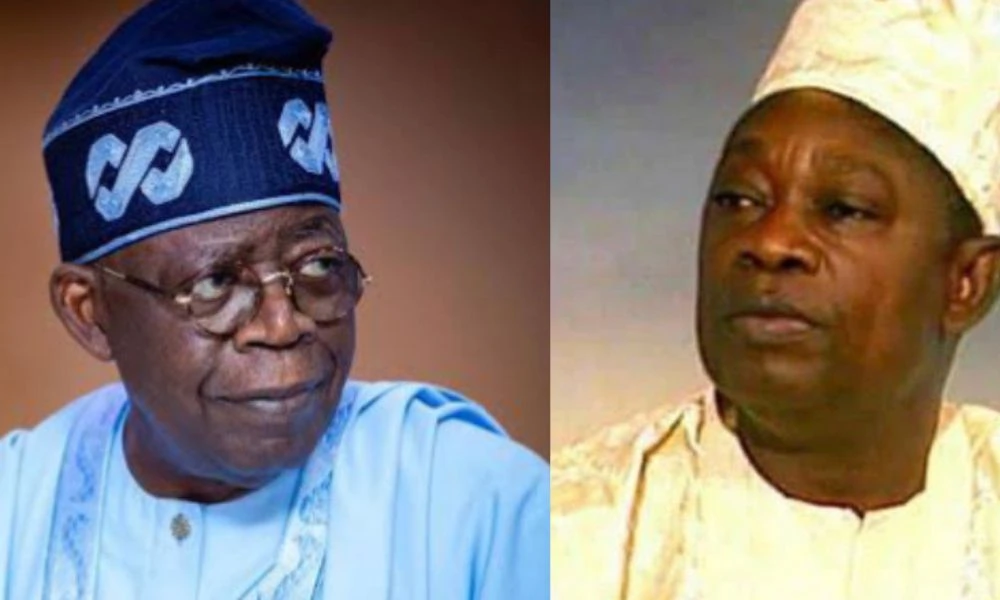

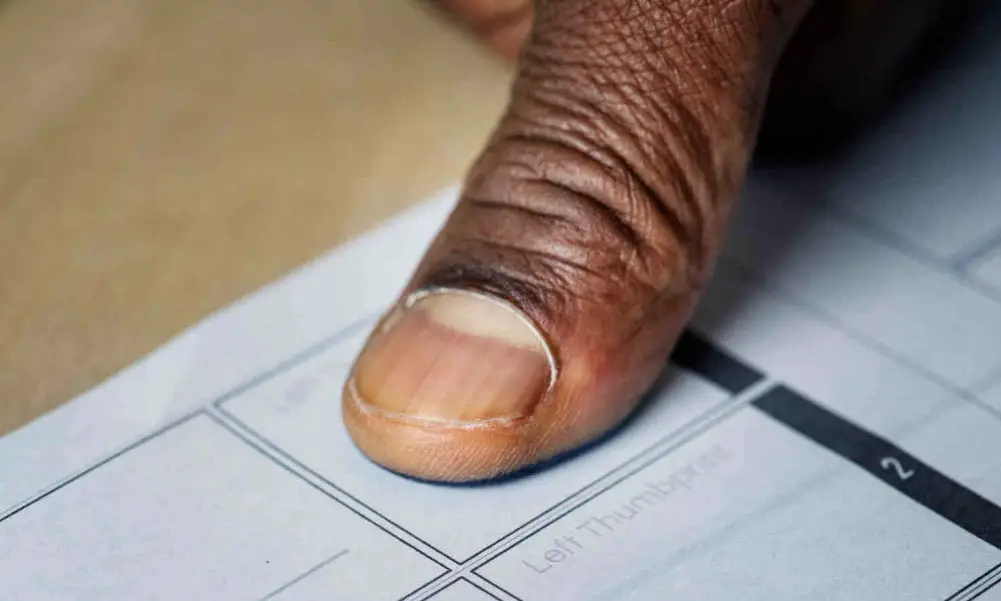
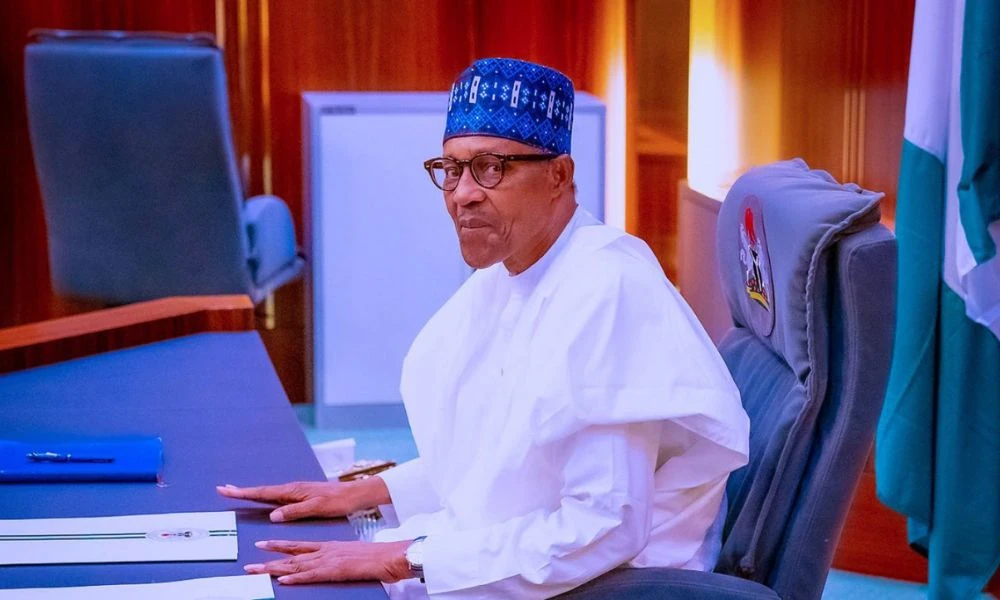
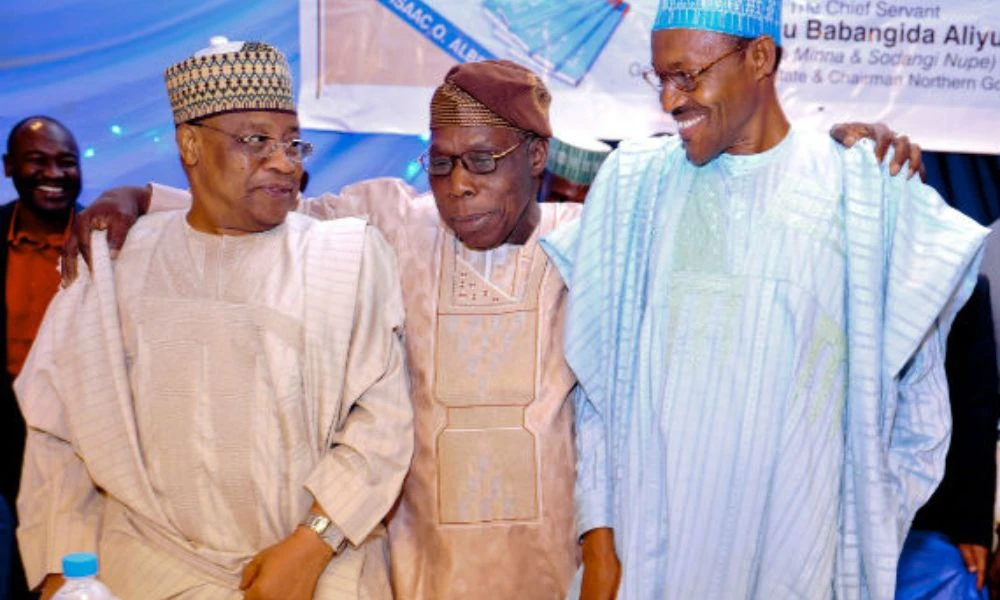



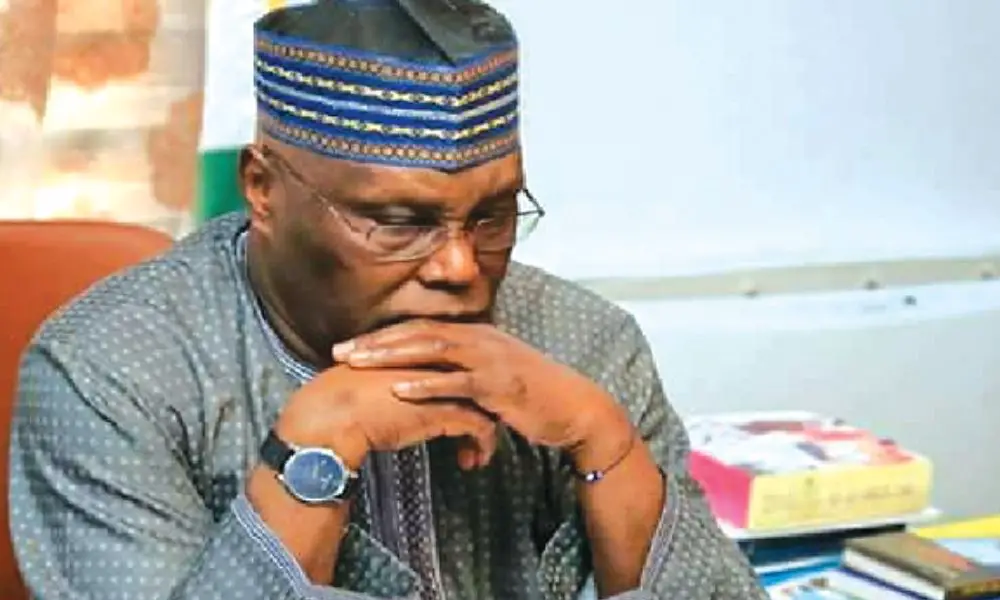
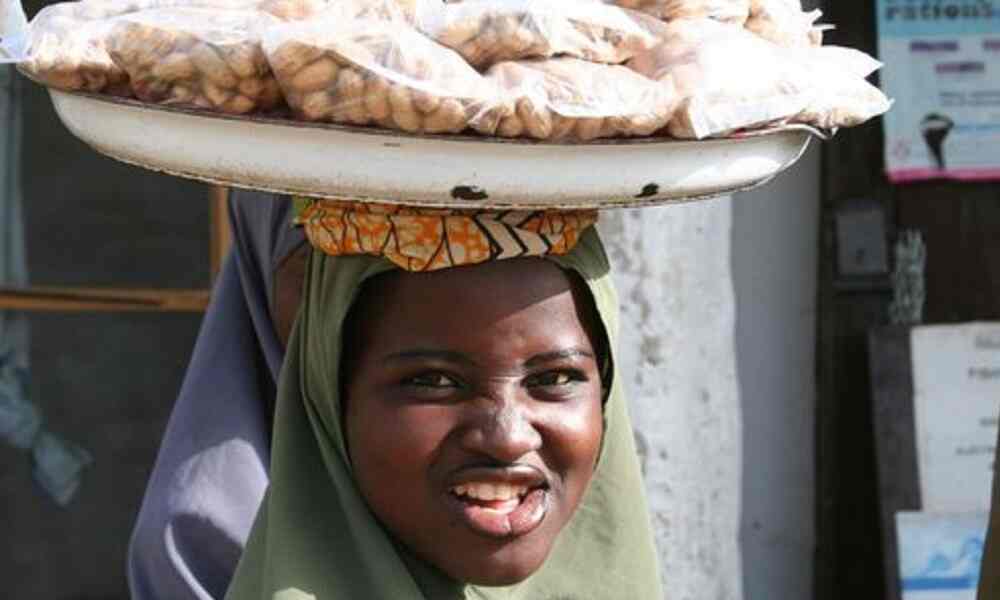
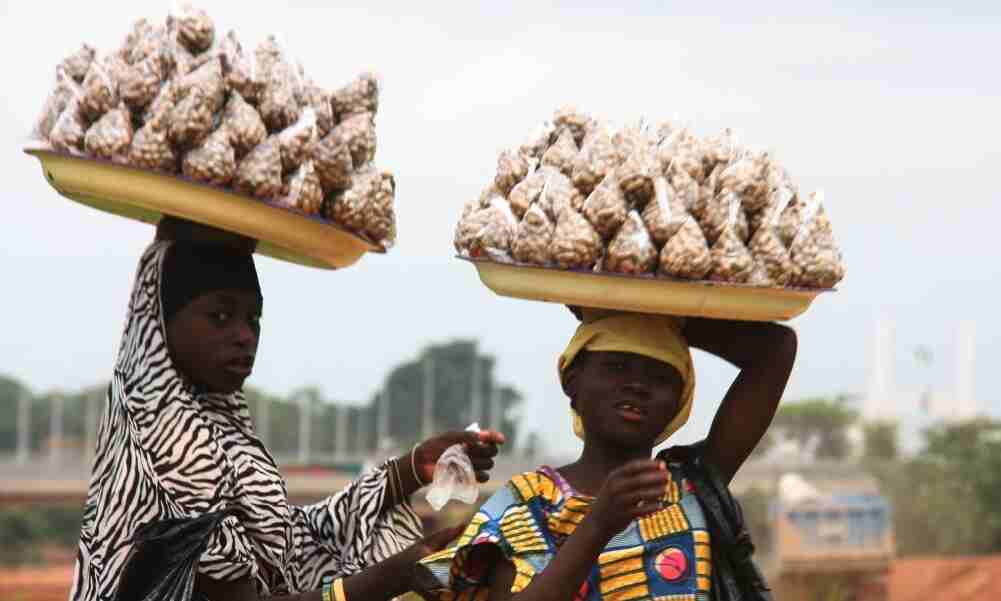
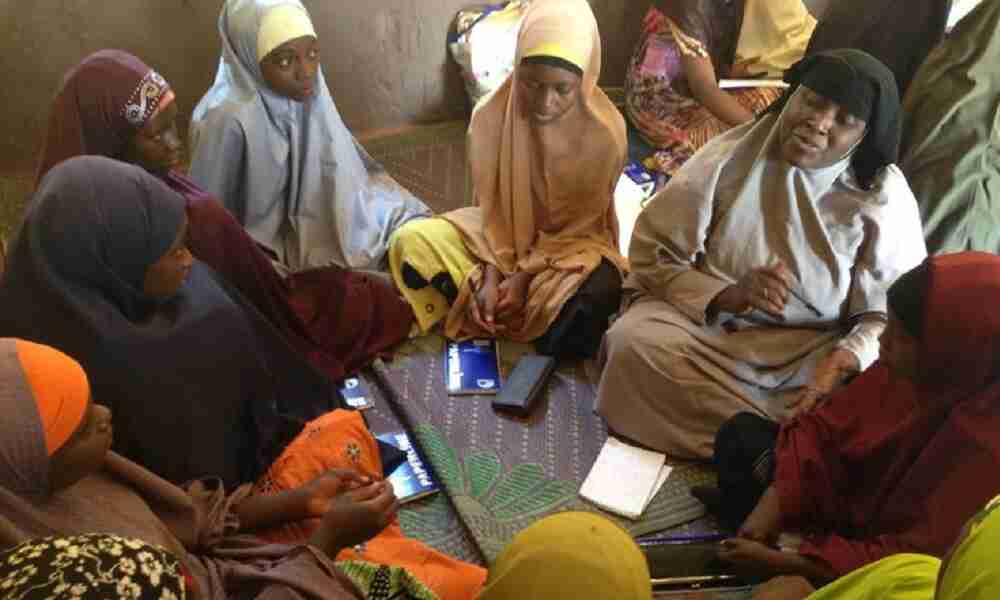
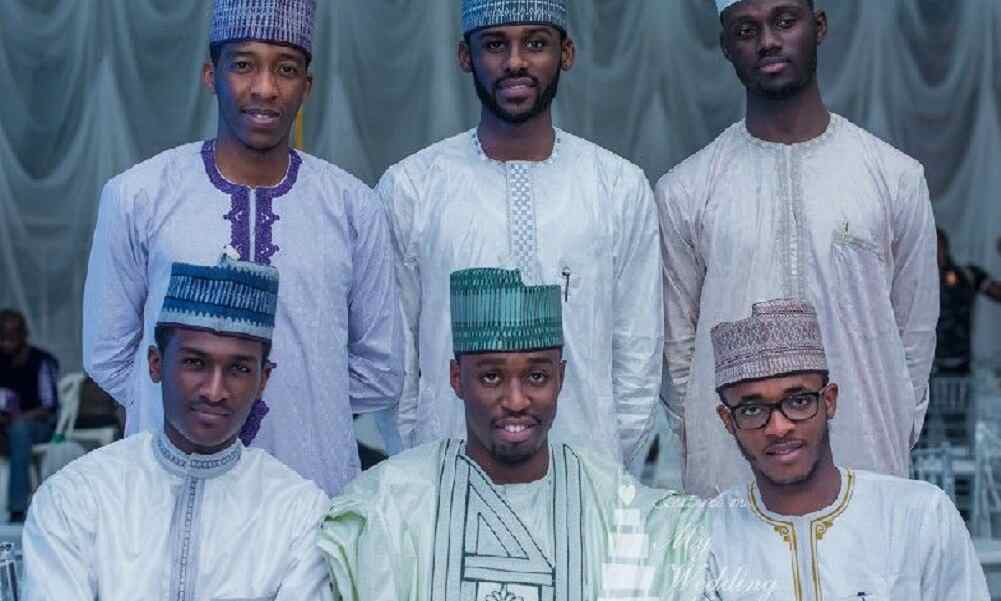
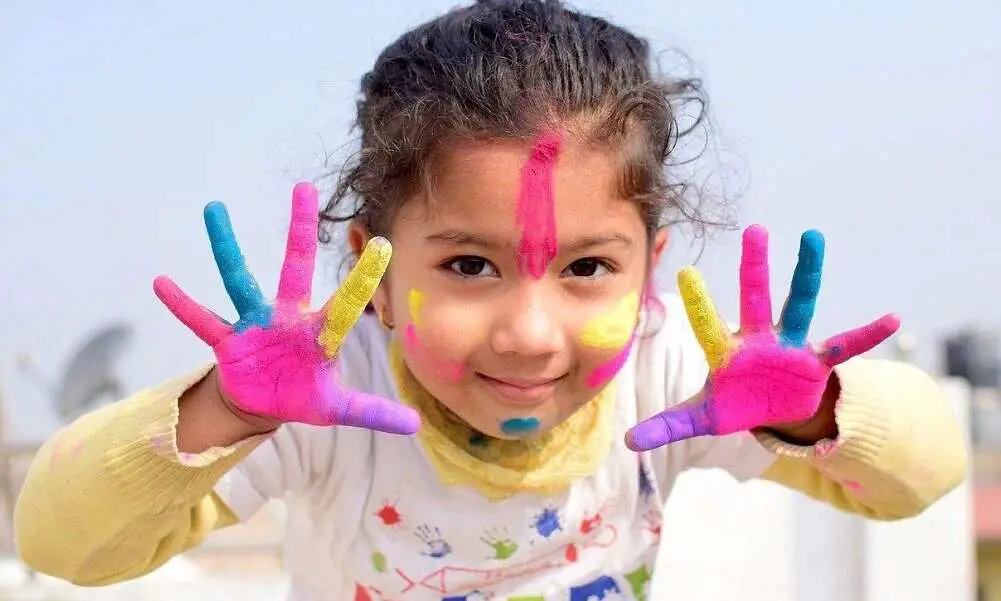
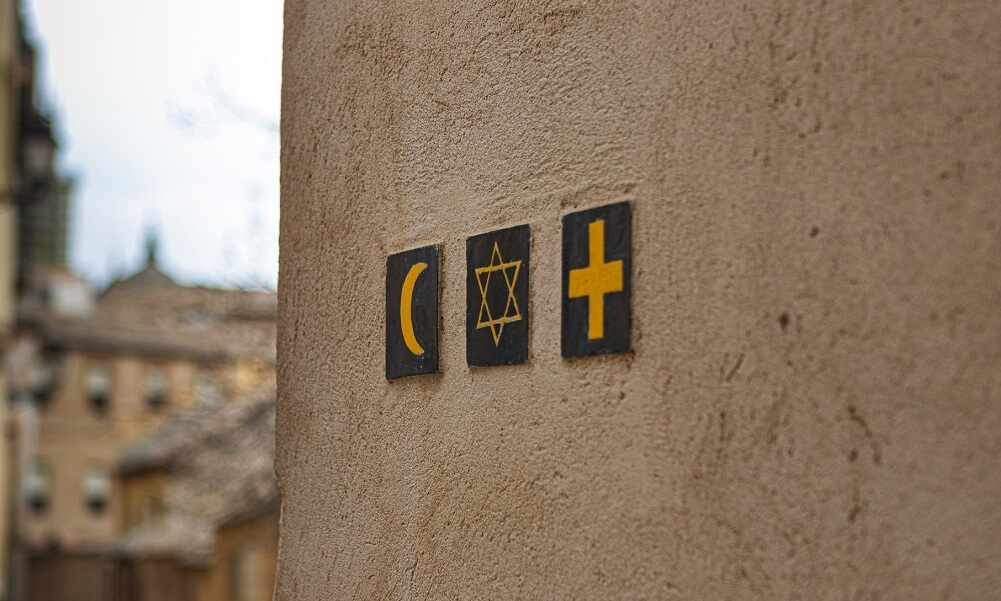
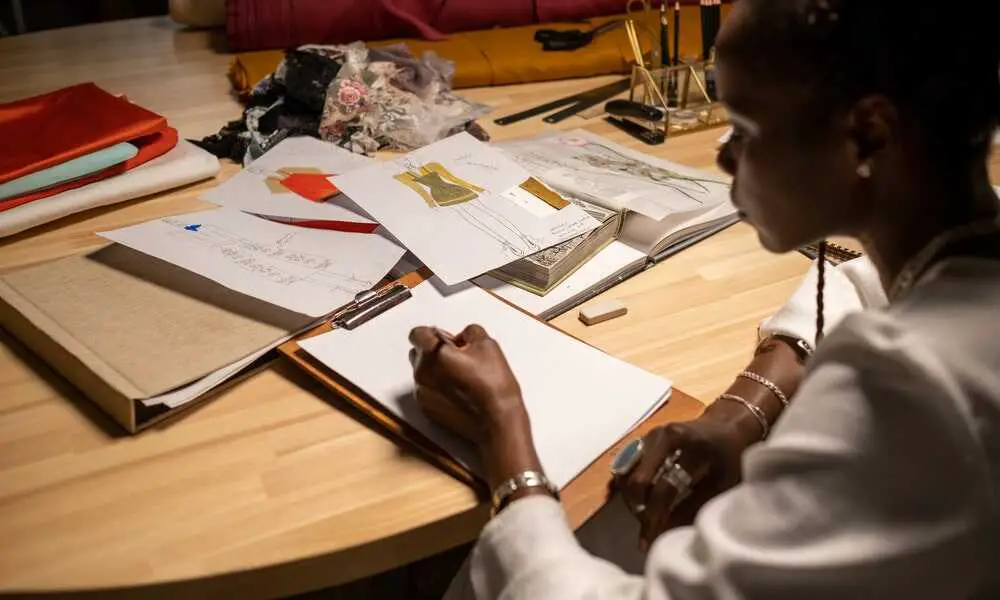
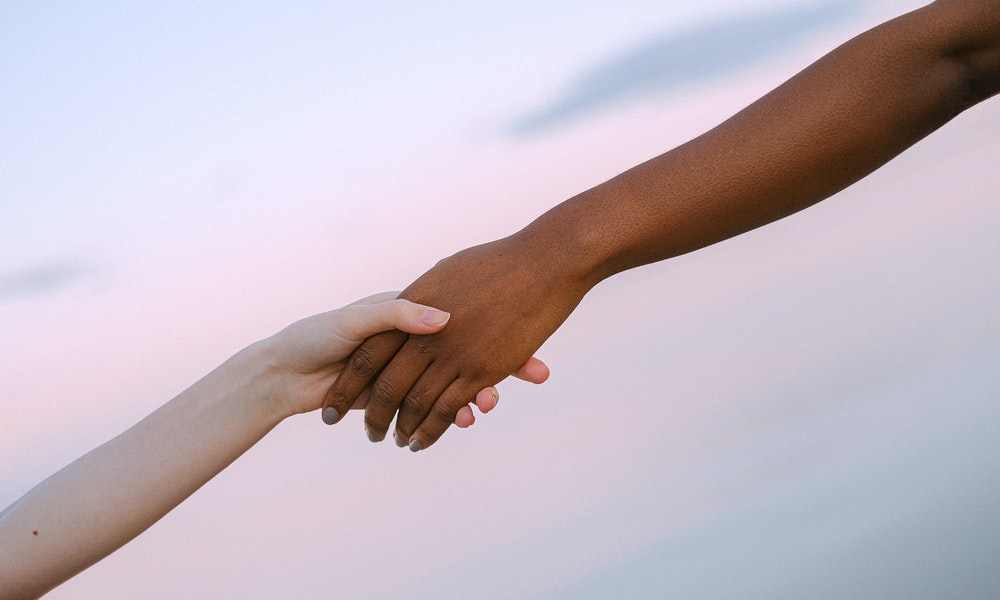
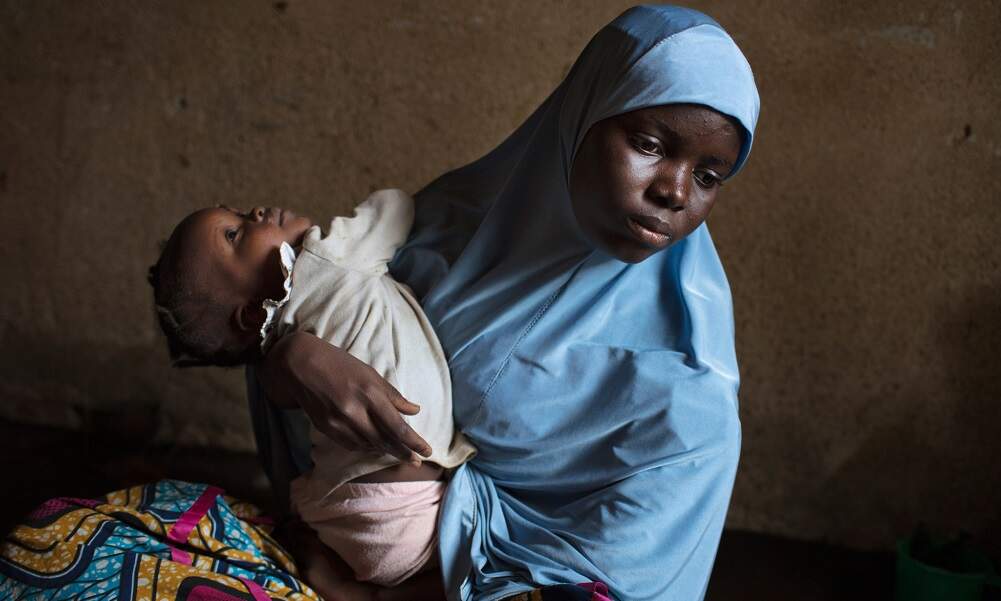
Such a lovely piece. May the best man truly win 🙏
I am glad you enjoyed it
Interesting! Kudos to this Author
History is repeating itself after 2 decades
May the best Man win🤲
This is awesome! This piece is a masterpiece🙌🏾
To criticise constructively and with due respect sir, there’s a little fault in the analysis of the PDP though. He is from the North(like Shagari) but unlike Shagari, he isn’t even considered so by many Northerners, he also doesn’t know the North and lacks their trust despite his so-called “brutal honesty” and his assumed “simplicity” as this is a man who technically lives in Dubai and comes to Nigeria for elections.
So although, the other candidates pretty much correlate with little to no works of literature, he doesn’t fit much despite the works of literature.
The humble take of a concerned Nigerian sir😊.
This is incredible…I had no idea a similar occurrence had happened in 1979